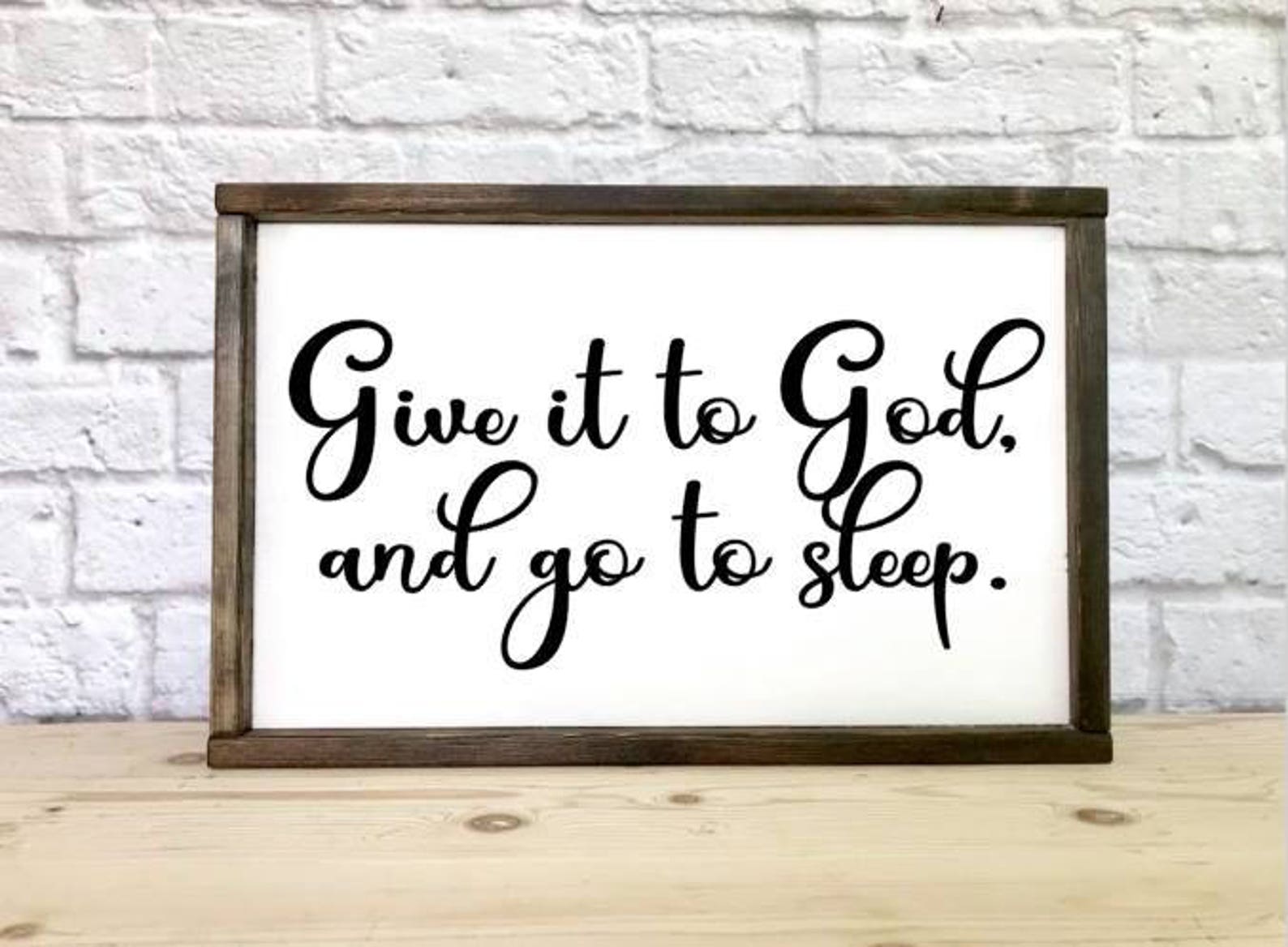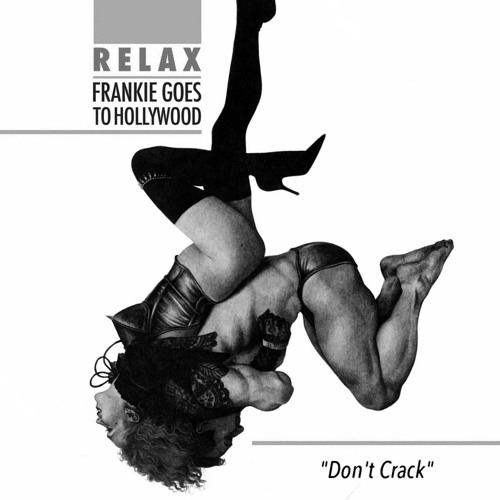

The idea, no matter how long you hold it, is to slow down the pace of the breath.

Variations of this technique may have you hold your breath for several counts after the inhale, or breathe out for a count of 5 or 7, for example. Exhale slowly, feeling your stomach fall.Inhale slowly through your nose until you feel your stomach rise.Place one hand on your stomach, and the other hand over your heart. Sit comfortably in a chair with your feet on the floor or lie down.By shifting our breathing rate and pattern we can stimulate the body’s parasympathetic nervous system, and trigger a calming response, which decreases our heart rate, blood pressure, and muscle tension. One of the simplest ways to relax is to take some deep diaphragmatic breaths, also called belly breathing. When we’re anxious our breathing tends to be shallow and rapid. Try a few out and see which ones work best for you.

The idea is to begin incorporating relaxation skills and activities that promote calm and well-being into your daily life. Others, like spending time in nature, doing yoga or qigong, or even getting a massage, may take a little more planning. Some techniques, like deep breathing and relaxation meditation, are available to us pretty much anywhere and anytime we need it. There are some scientifically proven relaxation techniques that counter the stress response with what’s called-not surprisingly-the “relaxation response,” in which our bodies stop releasing stress hormones, our heart rate slows, our breathing deepens, and we begin to feel a sense of calm (what a relief!). Unfortunately, when this surge of hormones happens in response to our many modern-day stressors, it can take a toll on the body and mind, and put us at risk for health problems such as heart disease, insomnia, and depression.

These are normal physiological reactions, known as the “fight or flight” response, and they evolved so our ancestors could stay alert to threats such as ferocious grizzly bears or un-neighborly, club-wielding cave dwellers. The resultant publicity surrounding the ban propelled it to number one.A stressful situation, or one that we perceive to be stressful, triggers the release of hormones that make our hearts pound, our breath quicken, and our muscles tense. By the time the BBC got around to banning Relax it had already been performed on Top Of The Pops, and was at number two in the charts. Having just played Frankie Goes To Hollywood’s Relax, the red-faced and fuming twat apologised to listeners for not realising that the lyrics “Relax, just do it, when you want to suck to it, Relax, just do it, when you want to come,” were a reference to ejaculation and possible homosexual activities, such asīum-ups, men-touch and knob-knob-suck-suck (the outraged Read being a fine one to talk, given that, according to a national newspaper some years later, he liked to bed impressionable young fans while listening to The Icicle Works). It is about relaxing your sphincter, which allows for considerably more pleasure in the act of anal sex.įamously, in 1983 Radio One DJ Mike “Myfanwy” Read sussed the worst-kept non-secret in music.


 0 kommentar(er)
0 kommentar(er)
